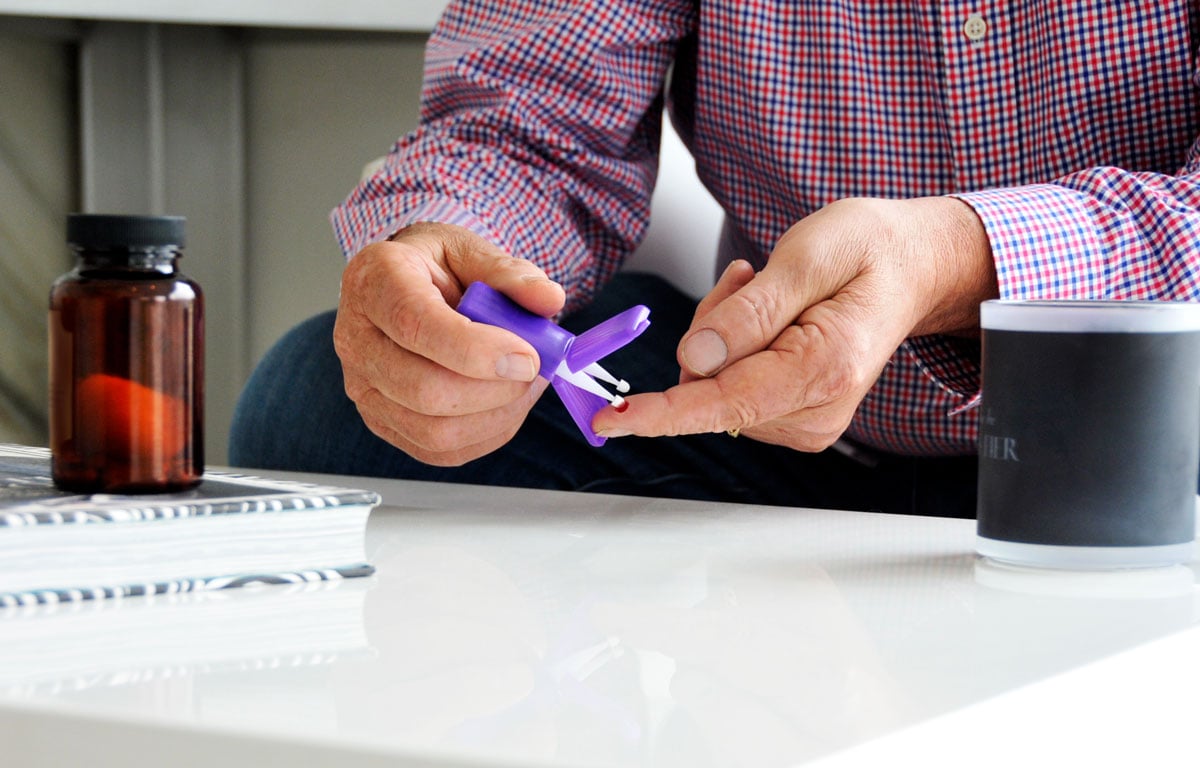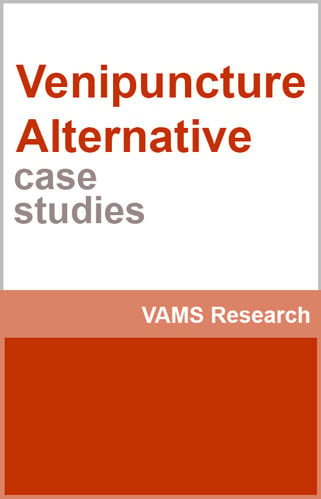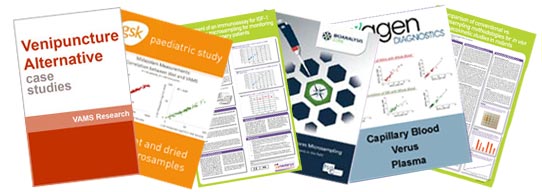

-Caroline Knapp, mother of a young kidney transplant patient
To better serve pediatric patients, the elderly, and other vulnerable populations, leaders in healthcare are looking for an alternative to venipuncture. They're discovering the revolutionary capabilities of breakthrough Volumetric Absorptive Microsampling (VAMS®) technology - a smarter blood collection system using Mitra® devices to streamline clinical processes, improve the patient experience, and generate gold-standard data.
Now it's your turn! Download these case studies to see how large and small organizations use microsampling technology as a more convenient and comfortable next-generation dried blood spot.
|
|

~Dr. Christophe Stove | Ghent University Hospital
Contact Us
Trajan Scientific Americas Inc.
This site is protected by reCAPTCHA and the Google Privacy Policy and Terms of Service apply.
Mitra® devices are CE-IVD (IVDR) devices intended as specimen collectors and for the storage and transport of dried blood. They are available as registered IVD Devices in the European Union and United Kingdom, Australia, Brazil, China, and Canada, as well as multiple Health Ministries worldwide. In the USA, Mitra devices are supplied as a research use only (RUO) product to assist in method development, other research-related and non-diagnostic activities. Mitra has not been validated for use with any diagnostic testing.
hemaPEN® variants are CE-IVD (IVDR) devices intended as specimen collectors, for the storage and transport of dried blood specimens and are available as registered IVD Devices in the European Union and United Kingdom, Australia/New Zealand, and the USA. Outside of these territories, the hemaPEN is supplied for research use only (RUO).
The Harpera™ skin microbiopsy tool is currently supplied as an investigational use only (IUO) product globally.